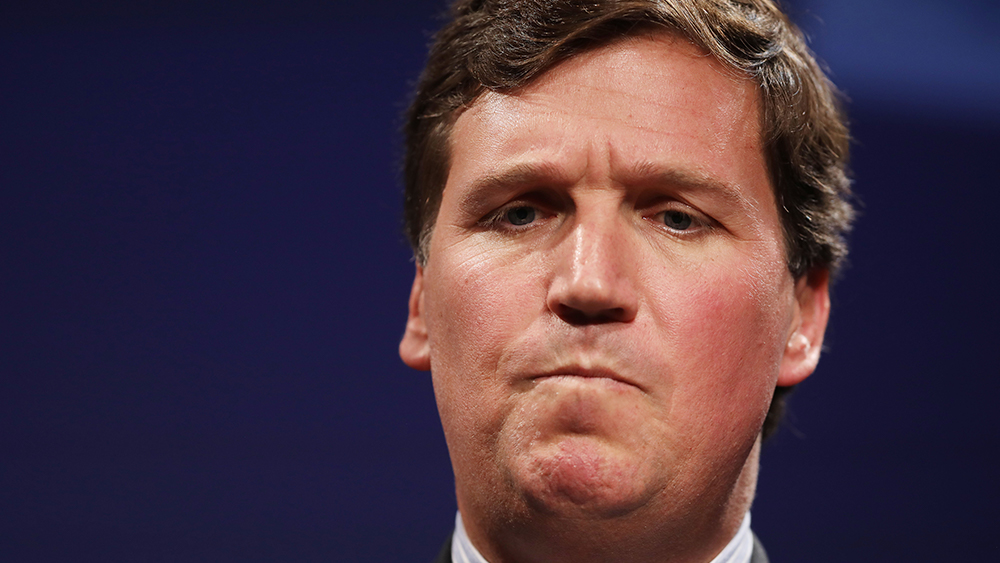 Parler
Parler Gab
Gab
Without Polish oil, PCK Schwedt's future is in turmoil
Before the beginning of Russia's special military operation in Ukraine, the bulk of PCK Schwedt's oil supplies were sourced from Russia. Since the outbreak of the conflict, the refinery has been cut off and the German government's plans to revive operations at the refinery will take even longer as plans for upgrading an essential pipeline have been stalled. Task Force PCK, a committee created by the Brandenburg state government to address issues hampering PCK's full operation, noted that more than a million tons of oil will be arriving annually from Kazakhstan to the refinery. Brandenburg Minister-President Dietmar Woidke hoped that this influx – along with the promised 135,000 tons of oil from Poland – could increase PCK Schwedt's capacity to 70 percent from the current 50 percent. Despite this promised influx of oil to refine from Kazakhstan, PCK Schwedt's future is still uncertain. A pipeline connecting PCK Schwedt to the Baltic port of Rostock in the neighboring state of Mecklenburg-Vorpommern is up in the air after PCK Schwedt withdrew a grant application submitted in October 2022 for financing to upgrade the refinery's oil links with the port. The pipeline would have successfully revived activity at the refinery, which is a key supplier of energy to Berlin, East Germany and even parts of western Poland. But since it got cut off from Russian pipeline oil earlier this year due to a ban on importing Russian oil, it has been operating at a far lower capacity. For its part, the German federal government has promised to spend as much as 400 million euros ($438.88 million) to expand the pipeline. The federal government at one point considered purchasing a significant stake in PCK Schwedt and the pipeline to boost the country's energy security, but this plan seems to have been put on the back burner. The refinery has temporarily ceased operations for maintenance until late May. It is currently able to source between 50 to 60 percent of its oil needs via the pipeline from Rostock, with the rest coming from oil imports from Poland and overseas. With the installation of flow accelerators on the pipeline, the amount of oil it could source from Rostock would increase to 75 percent. Learn more about the energy situation in Europe at NewEnergyReport.com. Watch this clip warning about how Poland could turn into the second Ukraine. This video is from the channel Old School on Brighteon.com.More related stories:
Russian oil still powers European vehicles, thanks to India's refining capability. CONTROLLED ECONOMIC DEMOLITION: Germany abandons nuclear power even as European energy crisis worsens. The West's anti-Russian oil embargo is CRUMBLING as nations begin buying fuel directly from Russia above the price cap. Germany blocks Hungary's nuclear reactor project, putting Budapest's energy sovereignty under threat. Gas storage facility in Germany SHUT DOWN following high-pressure flaring. Sources include: RMX.news Reuters.com Bloomberg.com Bundestag.de Brighteon.com60,000 lbs of EXPLOSIVE ammonium nitrate MISSING from California-bound train
By Arsenio Toledo // Share
Tech entrepreneur unpacks Twitter Files, what ‘weaponized’ agencies did to Americans
By News Editors // Share
FBI caught secretly infiltrating online chatrooms for workers who oppose covid jab mandates
By Ethan Huff // Share
Governments continue to obscure COVID-19 vaccine data amid rising concerns over excess deaths
By patricklewis // Share
Tech giant Microsoft backs EXTINCTION with its support of carbon capture programs
By ramontomeydw // Share
Germany to resume arms exports to Israel despite repeated ceasefire violations
By isabelle // Share










